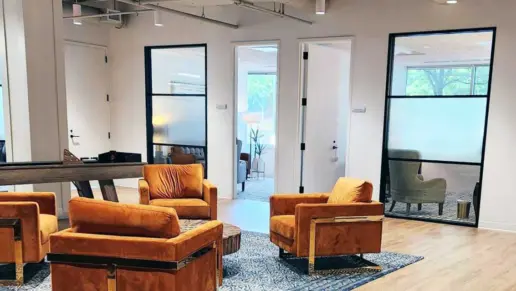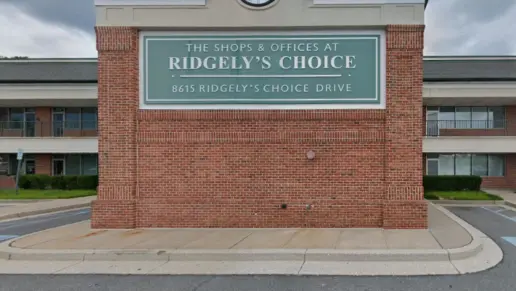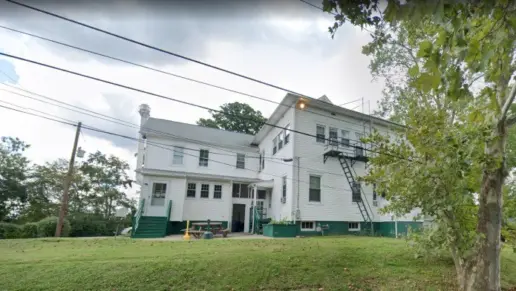About Hope’s Horizon
Hope’s Horizon is a substance abuse and mental health treatment facility that aids adults looking to recover from alcohol and drug abuse in and around Baltimore, Maryland. The clinic provides detox services, a partial hospitalization program (PHP), intensive outpatient programs, traditional outpatient therapy, and other services for adults seeking recovery. Hope’s Horizon accepts Medicaid insurance benefits for treatment, as well as private insurance. The clinic is considered in network with United Healthcare, Kaiser, Cigna and Magellan.
An individual’s first step with Hope’s Horizon will involve a full clinical assessment conducted by one of the clinic’s state-certified drug and alcohol counselors. This assessment will help the facility identify your individual needs. The counselor will use the information they learn to develop a customized treatment plan.
The facility offers detox services for individuals with physical withdrawal symptoms from alcohol, benzodiazepines, prescription pain medications, heroin or other opiates. Medication may be used depending on the needs of the individual.
Next, individuals enter into the stabilization phase. Individuals with the highest needs may want to partake in the partial hospitalization program, where they will be medically monitored and experience weekly individual sessions with their counselor. They will also experience daily group therapy. Individuals also have the option of participating in the intensive outpatient program (IOP) or the traditional outpatient program, which both offer varying levels of counseling and therapy.
One great thing about this facility is that past patients tend to agree that the clinic provides great quality services, effective treatment and attentive, compassionate care. Another great thing about this clinic is that they offer residential housing units for individuals with the highest needs.
Latest Reviews
Rehab Score
Gallery
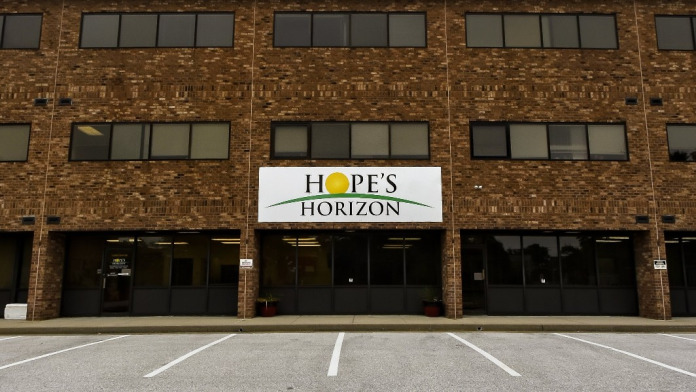
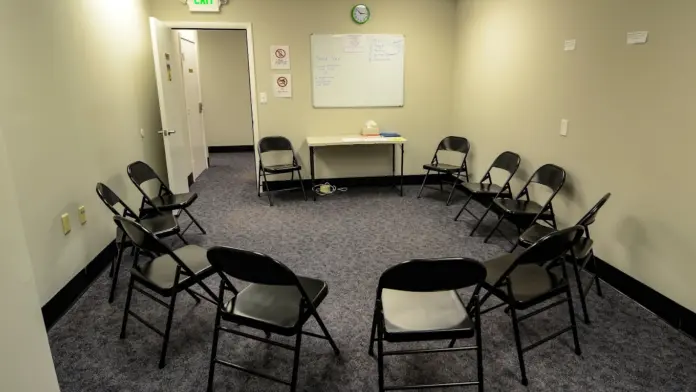
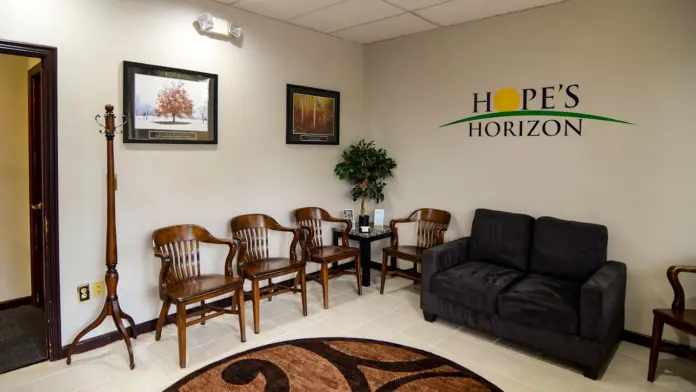
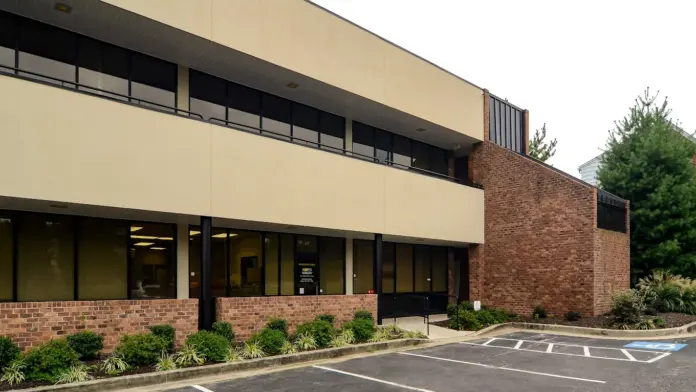
Location
Other Forms of Payment
Private insurance refers to any kind of healthcare coverage that isn't from the state or federal government. This includes individual and family plans offered by an employer or purchased from the Insurance Marketplace. Every plan will have different requirements and out of pocket costs so be sure to get the full details before you start treatment.
Self-pay involves paying for treatment out of your own pocket. You can use savings or credit, get a personal loan, or receive help from family and friends to fund your treatment. If you don't have insurance or your insurance plan doesn't cover a specific program, self-pay can help ensure you still get the care you need.
Medicaid is a state based program that helps lower-income individuals and families pay for healthcare. Medicaid covers addiction treatment so those enrolled can use their coverage to pay for rehab. When a program accepts Medicaid the client often pays very little or nothing out of their own pocket.
Addiction Treatments
Levels of Care
Treatments
Substance rehabs focus on helping individuals recover from substance abuse, including alcohol and drug addiction (both illegal and prescription drugs). They often include the opportunity to engage in both individual as well as group therapy.
Programs


Clinical Services
Cognitive behavioral therapy in Maryland emphasizes your current life rather than what has happened in the past. Your therapist will help you develop methods to deal with current and future challenges so you can cope in healthy ways that don't involve substances.
During dialectical behavior therapy sessions, you'll review the challenges you faced the previous week and the feelings you experienced during those times. You and your therapist will engage in problem solving, discussing how you can handle those situations in the future for a better outcome. This involves keeping a diary throughout the week to track your emotions.
Cognitive behavioral therapy and motivational interviewing techniques are often part of group therapy sessions. These are evidence based techniques that address thinking and behavioral patterns that trigger addictive behavior. Learning how to address these thought patterns can help create lasting change.
Individualized one on one therapy allows the therapist to focus on your specific challenges and strengths. Using a personalized approach enables the therapist to help you develop effective coping mechanisms and build a more stable and fulfilling substance free life.
Four key principles guide motivational interviewing. These are empathy, self efficacy, rolling with resistance, and developing discrepancy. These techniques allow the client to examine their motivations for change, identify discrepancies in their current situation and future goals, and feel empowered to make changes to reach their goals.
The focus of trauma therapy is to heal the emotional wounds that occurred when you witnessed or experienced a traumatic event. Therapy helps you process this trauma emotionally and mentally so you develop healthier coping skills and improve your quality of life.
When you participate in couples therapy, you learn how to understand each other better, improve your communication skills, resolve conflict, and improve relationship satisfaction. Your therapist will help you develop skills in each of these areas to strengthen your relationship.
Families in Maryland address the impact of addiction during family therapy. Your therapist fosters open communication between family members to help resolve conflicts and create a supportive environment. By improving relationships, you aid the recovery of the individual struggling with addiction.
Amenities
-
Residential Setting
-
Private Rooms
Accreditations

The Commission on Accreditation of Rehabilitation Facilities (CARF) is a non-profit organization that specifically accredits rehab organizations. Founded in 1966, CARF's, mission is to help service providers like rehab facilities maintain high standards of care.
CARF Accreditation: Yes

State Licenses are permits issued by government agencies that allow rehab organizations to conduct business legally within a certain geographical area. Typically, the kind of program a rehab facility offers, along with its physical location, determines which licenses are required to operate legally.
State License: Maryland
Contact Information
4111 East Joppa Road
Suite 101
Baltimore, MD 21236
